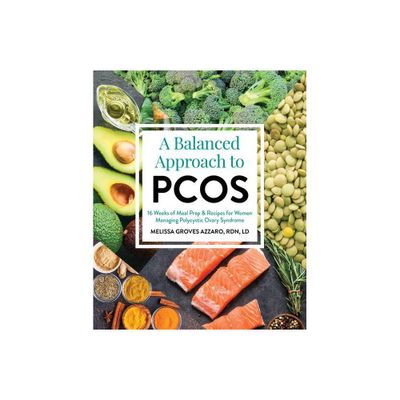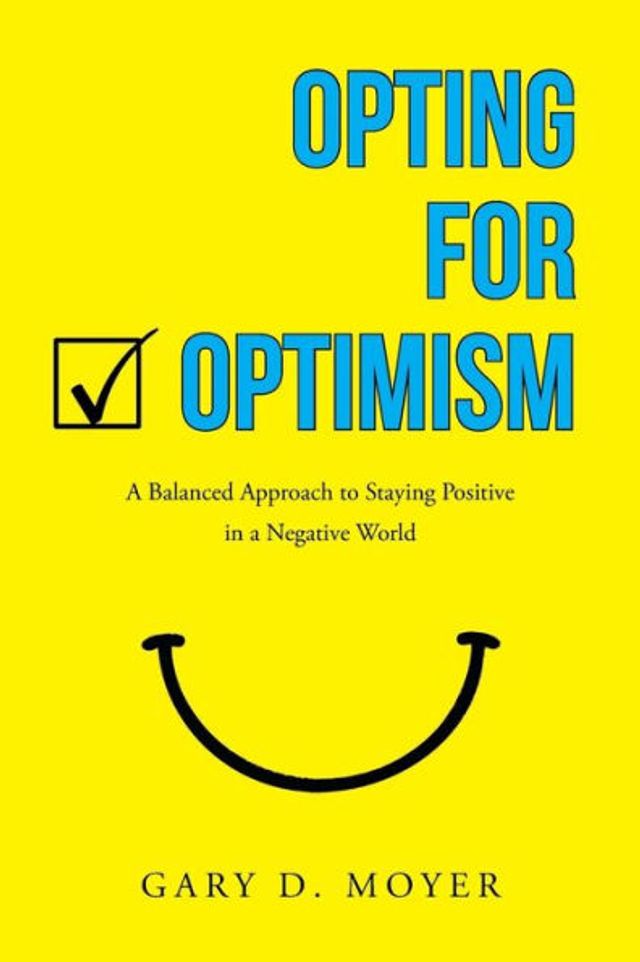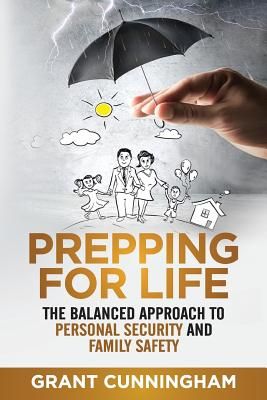Home
School Choice: A Balanced Approach
Loading Inventory...
Barnes and Noble
School Choice: A Balanced Approach
Current price: $65.00


Barnes and Noble
School Choice: A Balanced Approach
Current price: $65.00
Loading Inventory...
Size: Hardcover
*Product Information may vary - to confirm product availability, pricing, and additional information please contact Barnes and Noble
Are public charter schools more effective than traditional public schools? This book provides quantitative evidence to answer this question and considers a better way to undertake a policy of school choice.
School Choice: A Balanced Approach
is the most comprehensive examination of traditional public schools, public charter schools, and faith-based schools that has ever been undertaken. By considering and comparing the overall data on these three types of educational systems, it provides insight on likely outcomes of school choice programs. The author's objective is not to advance any particular agenda, but rather to provide readers with an unbiased analysis of research that has been embraced by both the G.W. Bush and Obama administrations that will allow for fresh thinking and the betterment of American education as a whole.
Author William H. Jeynes, PhD, asks vital questions regarding the school choice issue that are often overlooked: Which specific programs of school choice are likely to work, and which would likely fail? Is school choice really a boon for the private sector? How might the implementation of school choice programs increase or decrease the financial burden on government budget deficits? This book carefully addresses a relevant topic that ultimately affects every American, making it essential reading for everyone from government officials and educators to students and the general public.
School Choice: A Balanced Approach
is the most comprehensive examination of traditional public schools, public charter schools, and faith-based schools that has ever been undertaken. By considering and comparing the overall data on these three types of educational systems, it provides insight on likely outcomes of school choice programs. The author's objective is not to advance any particular agenda, but rather to provide readers with an unbiased analysis of research that has been embraced by both the G.W. Bush and Obama administrations that will allow for fresh thinking and the betterment of American education as a whole.
Author William H. Jeynes, PhD, asks vital questions regarding the school choice issue that are often overlooked: Which specific programs of school choice are likely to work, and which would likely fail? Is school choice really a boon for the private sector? How might the implementation of school choice programs increase or decrease the financial burden on government budget deficits? This book carefully addresses a relevant topic that ultimately affects every American, making it essential reading for everyone from government officials and educators to students and the general public.


















